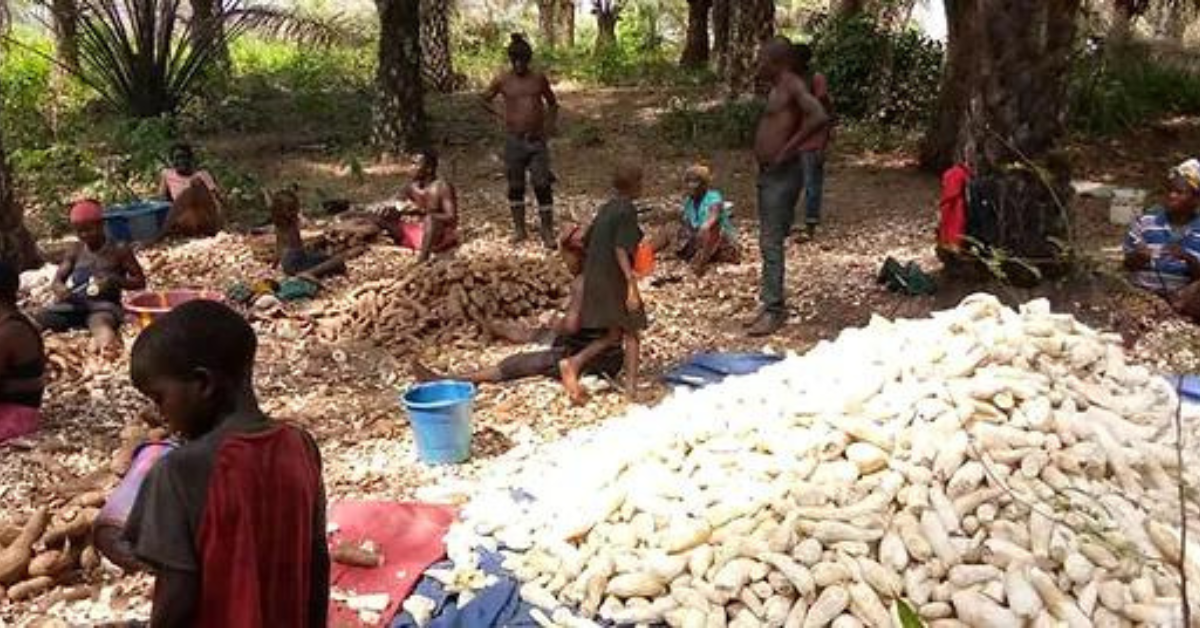The Central and West African Virus Epidemiology (WAVE) project, under the Ministry of Agriculture and Njala University, organized a one-day consultative meeting on September 18, 2024, to raise awareness posed by of the growing threat the East African Cassava Mosaic Virus (EACMV) in Sierra Leone.
The meeting took place at the ministry’s conference hall, Ministerial Building Youyi Building, Freetown.
Prof. Justine Simon Pita, Executive Director of the Regional Centre for Transboundary Pathogens, presented an overview of the virus’s impact in neighbouring countries.
He noted that Sierra Leone previously had to transport samples to Ivory Coast for analysis.
However, with support from the Bill and Melinda Gates Foundation, the European Union (EU), and the Government of Sierra Leone (GoSL), a tate-of-the-art Plant Health Molecular Laboratory has now been constructed in Sierra Leone.
“We now urge other partners to adopt a One Health approach in tackling plant disease issues,” Prof Pita said.
The Chief Agriculture Officer, Professor Abdulai Jalloh, praised the WAVE project, describing it as a key component of the ‘Feed Salone’ initiative. He emphasized the importance of cassava as Sierra Leone’s second staple crop, grown on approximately 134,404 hectares annually, with an average yield of 13.1 tons per hectare.
Prof. Jalloh called on Sierra Leoneans to invest in cassava, citing its versatility and the ready market for its products.
Recent findings underscore the urgent need for a robust national response team to address the threats posed by the East African Cassava Mosaic Virus (EACMV) and its Ugandan variant, which have begun affecting cassava production in Sierra Leone and Guinea, posing a significant regional threat to food security.


 Post a comment
Post a comment 








